
I’m headed to California tomorrow for a few weeks and, while there, will be doing a little archival work. As a theorist, my relationship to archives has always been something of an ambivalent one. On one hand, I am a trivia geek and a total sucker for troves of old things. I like thumbing through letters and thinking about changes in penmanship and syntax over the years. I really dig the time capsule aspect of the process that creates enough distance for everything to appear strange and special to me. On the other hand, I am wary of the temptation to identify a clear or linear narrative about (and, in so doing, romanticize) the past. The archival project that I often assign to students in my Religion in the American South seminar, for example, asks them to focus on the rhetoric and contextual politics of the archival sources they examine in UA’s special collections library. In that sense, my students are looking reading historical texts from a perspective akin to what Hayden White outlines in his now-classic Metahistory: The Historical Imagination in Nineteenth-Century Europe (1973), keeping in mind the manifold narrative devices present in the presentation of an artifact. Continue reading “Catching Archive Fever”


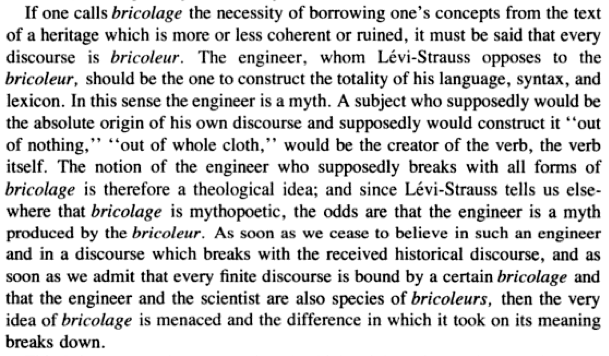 – Jacques Derrida, Writing and Difference (1978), p. 285
– Jacques Derrida, Writing and Difference (1978), p. 285 There’s an interesting, understated commercial playing here these days, advertizing a smartphone by not saying anything about it.
There’s an interesting, understated commercial playing here these days, advertizing a smartphone by not saying anything about it. 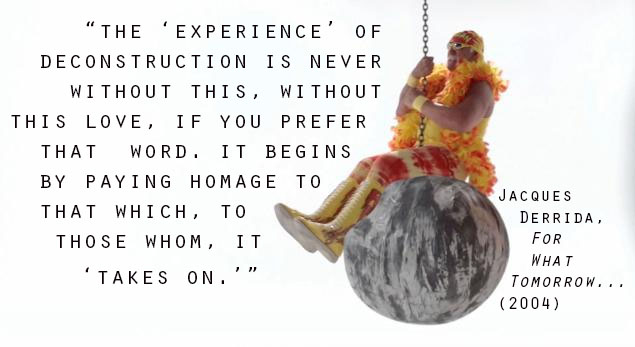 Read
Read 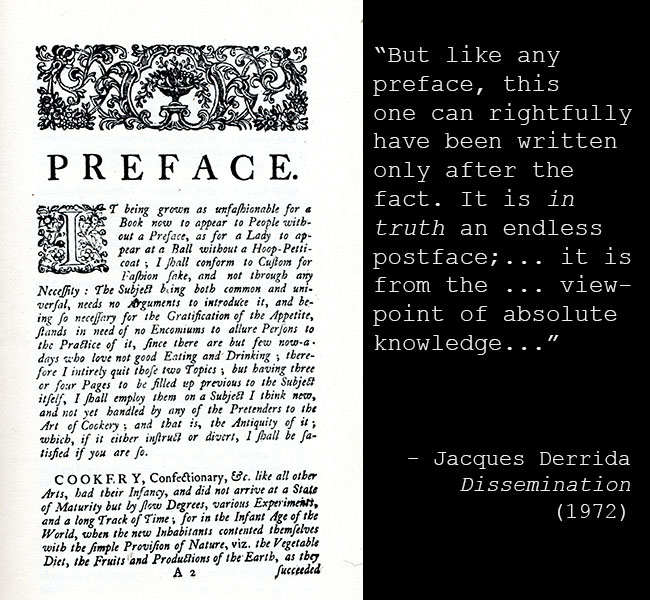 Read
Read 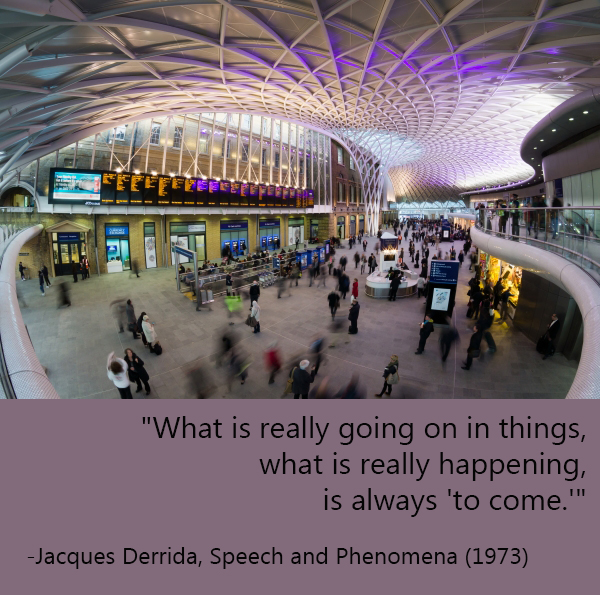 Read
Read 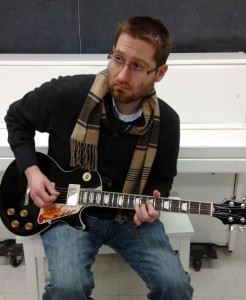 Q:
Q:  Over the past couple of years I’ve noticed a curious new practice in stores when I use my credit card: I often must produce another piece of identification to demonstrate that the credit card is mine.
Over the past couple of years I’ve noticed a curious new practice in stores when I use my credit card: I often must produce another piece of identification to demonstrate that the credit card is mine.